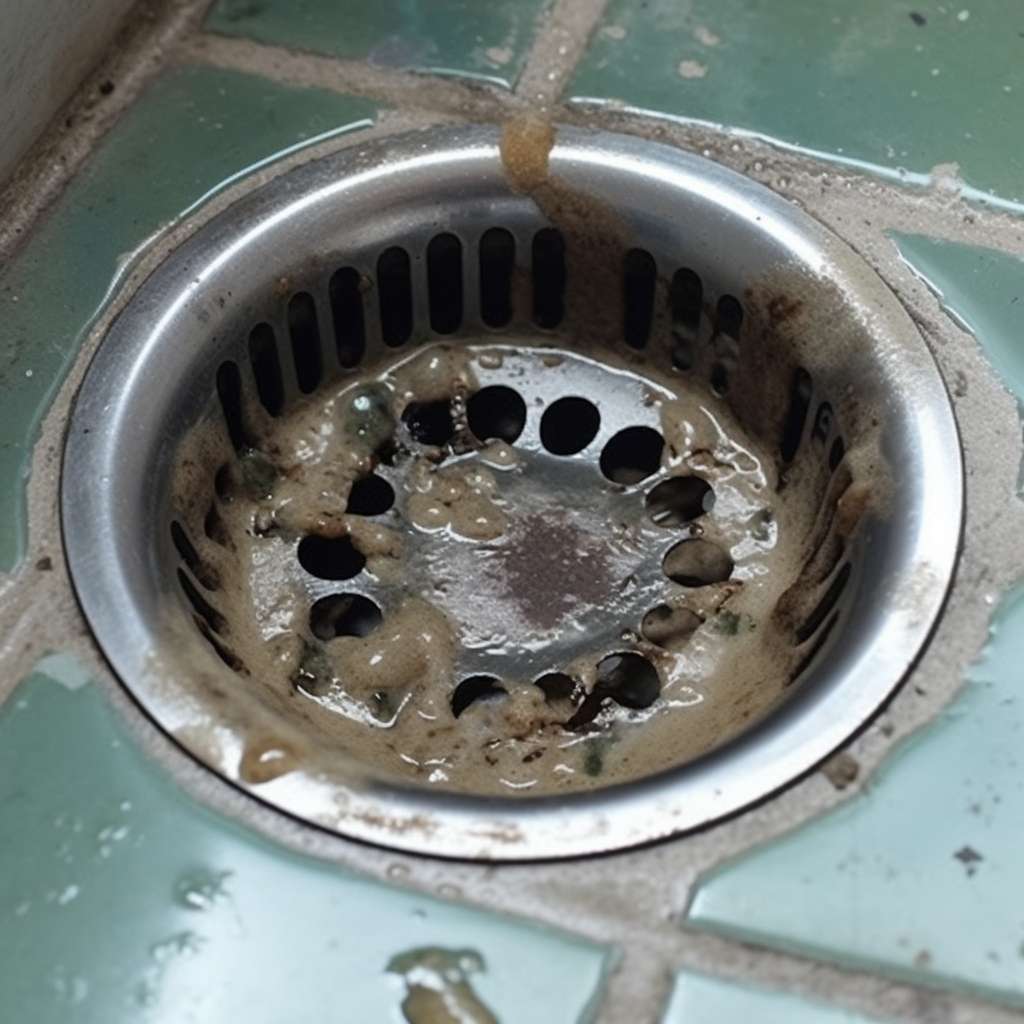Navigating the Labyrinth of Anxiety: Understanding Its Origins and Ways to Manage It
Anxiety, often dismissed as mere nervousness or worry, is a serious mental health condition that affects millions of people worldwide. It is a pervasive and debilitating disorder that can dramatically impact a person's quality of life. The whispers of anxiety, subtle at first, grow louder over time, creating a labyrinth of fear and uncertainty that can be challenging to escape. This article aims to dissect the origins of anxiety, its historical context, current trends, and offers unique insights into managing this complex condition.

Retracing Steps: The Historical Context of Anxiety
Anxiety, as a concept, has been recognized since ancient times. Hippocrates, a Greek physician often referred to as the ‘Father of Medicine’, described anxiety as a medical condition around 400 B.C. He suggested that anxiety resulted from an imbalance in the body’s four humors: blood, phlegm, yellow bile, and black bile.
In the late 19th and early 20th centuries, Sigmund Freud brought a psychological perspective to anxiety. He proposed that anxiety was a result of repressed and unresolved conflicts within a person’s unconscious mind.
The Diagnostic and Statistical Manual of Mental Disorders (DSM), first published in 1952, has significantly influenced our understanding of anxiety. Over the years, the DSM has refined the diagnostic criteria for anxiety disorders, reflecting the growing understanding of this mental health issue.
The Many Faces of Anxiety: Current Relevance and Impact
Today, anxiety disorders are the most common mental illnesses, affecting nearly 1 in 5 adults in the United States. Given its prevalence, understanding anxiety is more relevant than ever.
Anxiety disorders can present in various forms, such as generalized anxiety disorder, panic disorder, and social anxiety disorder. They can severely impact a person’s ability to function in daily life, often causing physical symptoms like heart palpitations, sweating, and shortness of breath.
The economic impact of anxiety disorders is also significant. According to the World Health Organization, mental health conditions, including anxiety disorders, cost the global economy an estimated $1 trillion in lost productivity each year.
Decoding Anxiety: Recent Trends and Reception
The COVID-19 pandemic has led to an increase in cases of anxiety disorders globally. A study published in the journal ‘The Lancet’ reported a significant rise in anxiety levels due to the pandemic’s stress, uncertainty, and social isolation.
Interestingly, the reception towards anxiety has been evolving. Unlike earlier times when mental health was stigmatized and misunderstood, there is a growing acceptance and understanding of mental health conditions, including anxiety. Celebrities and public figures openly discussing their battles with anxiety have played a crucial role in this shift, making it less stigmatized and more understood.
The Road Less Traveled: Unique Insights into Anxiety
Often, anxiety is viewed primarily as a neurobiological or psychological issue. However, recent research suggests that the gut microbiome might play a significant role in anxiety. The gut and the brain communicate through the ‘gut-brain axis,’ and an imbalance in the gut microbiota can potentially influence anxiety levels.
Another unique insight is the role of inflammation in anxiety. Chronic inflammation, caused by factors like poor diet, lack of sleep, and stress, can increase the risk of anxiety disorders.
From Labyrinth to Liberation: Managing Anxiety
While there is no one-size-fits-all approach to managing anxiety, a combination of therapy, medication, lifestyle modifications, and self-care strategies can significantly help.
Cognitive-behavioral therapy (CBT) is a well-established treatment for anxiety disorders. It involves learning to identify and change thought patterns that lead to anxious feelings. Medications like selective serotonin reuptake inhibitors (SSRIs) and benzodiazepines can also be effective.
Lifestyle modifications, like regular physical activity, a healthy diet, adequate sleep, and mindfulness techniques, can play a crucial role in managing anxiety. Moreover, maintaining a strong social support system can provide emotional assistance.
Finally, it’s important to remember that seeking help for anxiety is not a sign of weakness. On the contrary, it’s a step towards reclaiming control over one’s life.
In conclusion, understanding anxiety requires us to delve into its historical origins, current relevance, and the latest research. By doing so, we can better navigate the labyrinth of anxiety and find our way towards wellbeing.




